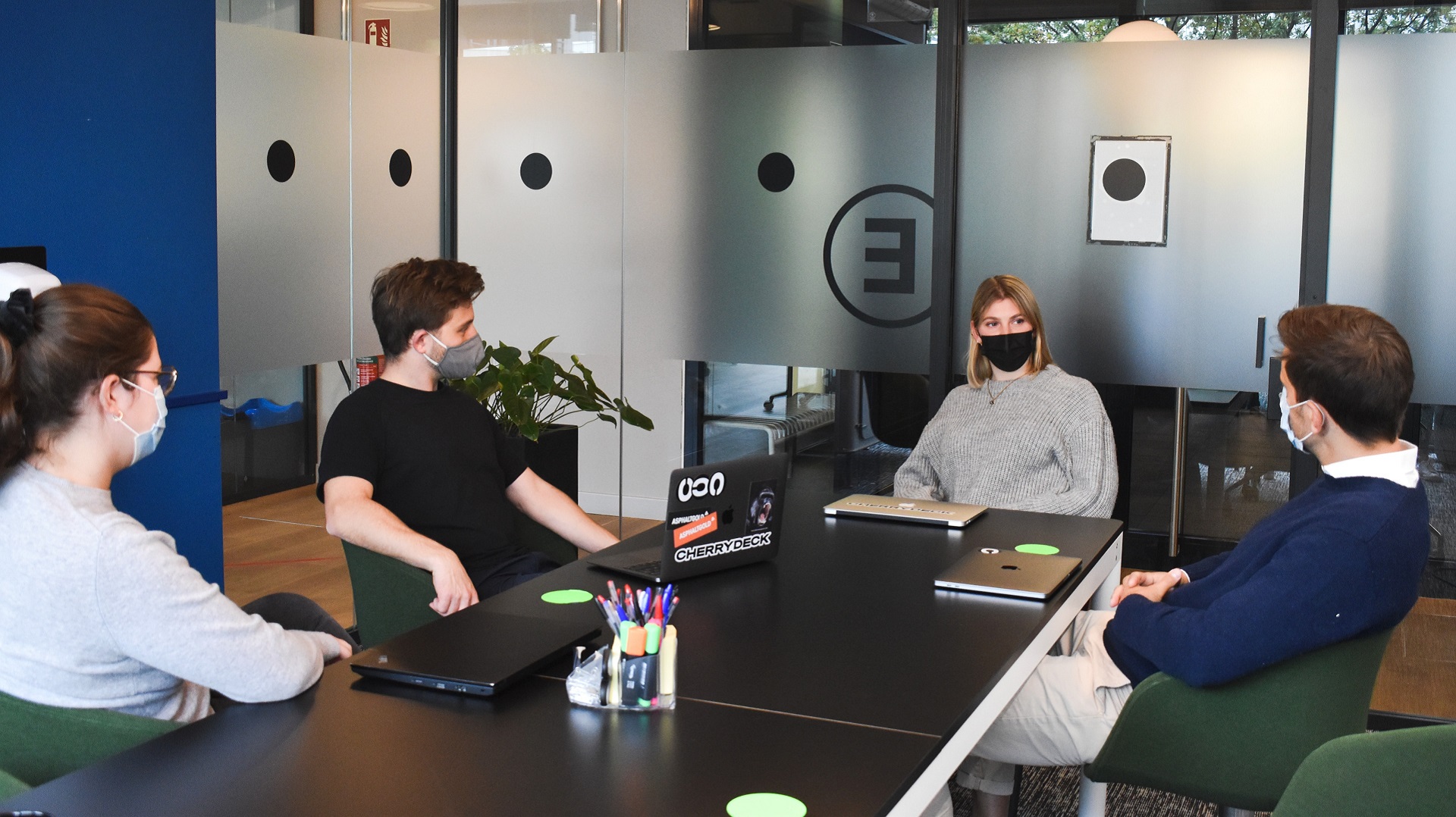Inequality in workplaces is limiting access to skills development and leaving lower-level employees with less support than management throughout the pandemic, a human resources body has warned.
The Chartered Institute of Personnel and Development’s (CIPD) Good Work Index found job quality had been “surprisingly unaffected” by the Covid-19 pandemic though existing inequalities still remain across the UK.
CIPD’s survey of 6,527 workers found marked differences in job quality between occupations. Only 27 per cent of workers in “routine” occupations – including bar staff, labourers and bus drivers – reported being given access to skills development, compared to 67 per cent in “higher” managerial and professional occupations. A third of routine workers said managers were good at seeking views of employees, compared to 55 per cent in higher positions.
It may well be that we are still in the calm before the storm Mel Green, research adviser at the Chartered Institute of Personnel and Development
<span style="font-weight: 400;">Mel Green, research adviser at the Chartered Institute of Personnel and Development</span>
But the findings could be “the calm before the storm”, according to Mel Green, research adviser at the CIPD, as reduced access to skills development could hurt job security in the long-term.









